I became a first responder by accident. I had planned to go to Indonesia so I could surf and do some charity work, handing out water filters to help people who had trouble accessing clean water. I had 10 filters with me. But while I was there, I was caught in the earthquake around Padang, Sumatra. It’s incredible to think, but those 10 filters—which exceeded Environmental Protection Agency purity standards without anything more complicated than gravity and a few ounces of hollow fiber membrane—saved thousands of lives. It was a profound, divine moment that catalyzed my life. It also left me with the naive impression that helping people access clean water would be easy. It isn’t.
I started Waves For Water as a first responder in Haiti after the earthquake in January 2010, and since then, the organization has supplied clean water and disaster relief to over 7 million people, in almost 30 countries. I thought I could just help people access clean water as a pet project—not as a job—but Haiti really changed things for me. Early on, it was easy to think, ‘We’re doing good work. It’s great just to be here.’ But I started to understand that I had to be smarter. You can’t drop in and expect things to go well, just because you want to help.
Early on, I’d go out all day into the field and come home, gutted. No matter how I distributed the filters, people thought I was being unfair or arrogant in how I was doling out help. The situation was dire, and there was no leadership on the ground. But there was a Haitian pastor who would get up on this makeshift plywood stage and give sermons to massive crowds. I finally pulled him aside and said, “I’m not a dumb guy, but I can’t come up with a fair solution here.” He said, “Do you trust me? Come to my sermon tonight.” I went and watched him. At the end he said to the people that had gathered, “You know, I met this guy yesterday who’s doing this water program, and he’s been helping us. He would like you to know that every single pregnant woman will get a filter.” The crowd erupted into cheers. It was such an elegant solution, and it brought us so much goodwill and trust. That’s when I realized that if I enlisted the right people in each of these communities that need help—respected individuals who people look to as leaders—we could navigate even the hardest spots.
Of course, if you don’t do that—if you don’t work with locals and plan ahead—things can go really badly. That happened to me in Haiti, too. There were tent cities all over Port-au-Prince. I’d been in-country for eight months, and I felt confident about looking for areas to help, so my driver and I went to a camp where we thought there were only 30 families. But it turned out there were 33 families, so we were short a few filtration kits. We delivered what we had, did the training, and planned to come back the next day with the remaining kits. The following day, as soon as we arrived, a crying woman ran up to me and hugged me and said. “My baby doesn’t have diarrhea for the first time in his life.” That’s what happened overnight—now that there was clean water.
But then things took a bad turn.
What I didn’t realize at the time was that there were four other camps in that neighborhood—8,000 more people. The story of the woman’s son had spread like wildfire because so many other kids were in distress. While I was dropping off the three extra filtration kits, people from the other camps started showing up. It’s survival for them, and they’re just trying to get some water. Soon, there were a lot of desperate people in need of filters. We retreated to the truck, but I kept talking to everybody while I sat on the tailgate. With the truck almost surrounded, my driver started to pull away. Some people were crying, while others were clearly very angry. I hit the truck and said, “Go, go!” It turned into a chase. The truck had to move slowly to navigate the roads, and some younger guys were following me and calling me every name in the book.
[quote position="left" is_quote="true"]It’s survival for them, and they’re just trying to get some water.[/quote]
“Where’s mine motherfucker?” and, “You come here,” they yelled. That’s when I realized it wasn’t about the filters for them in that moment. It was about me, the white guy who comes in and drives off and represents a lot of the things they have legitimate issues with. They were ready to make an example of me. Of course, I couldn’t let them grab me off the truck. I’m not a knife-savvy person, but I did have a knife on me and I started waving it in the air. The traffic broke, we picked up speed, and those guys threw their hands up. That’s what happens when you go in without the necessary preparation and without local partners.
My first time in Haiti was like a master’s program. I stayed for two years developing our model, day in and day out. I didn’t expect to be back in the wake of another disaster this year. Once again, my expectations have been totally upended. The land was impassable after the hurricane, and victims were entirely dependent on air and sea aid. Sundown still plunges devastated areas into total darkness. Dozens of cholera hotspots have broken out. Our goals are still simple: figure out what people need and how to get it to them. But delivering on those goals is now even more complex because of the scale of the damage. This time, at least, we’re starting out with the knowledge that none of this stuff works without strong local networks. It’s going to be a long road. Our role is to do whatever we can to help the people in the countries we serve figure out how best to walk it.
















 A road near equatorial Atlantic OceanCanva
A road near equatorial Atlantic OceanCanva Waves crash against rocksCanva
Waves crash against rocksCanva

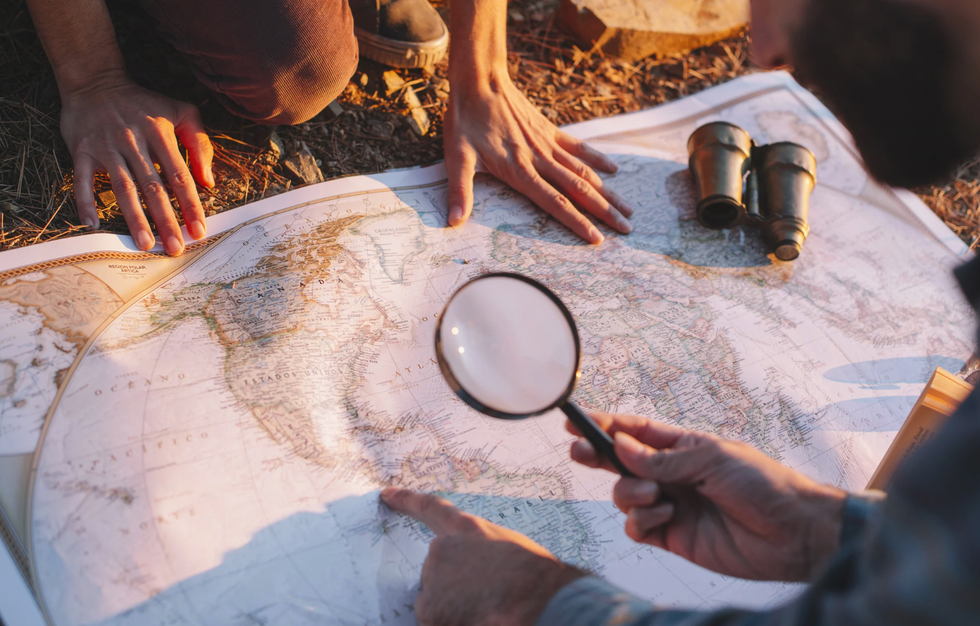 Two people study a mapCanva
Two people study a mapCanva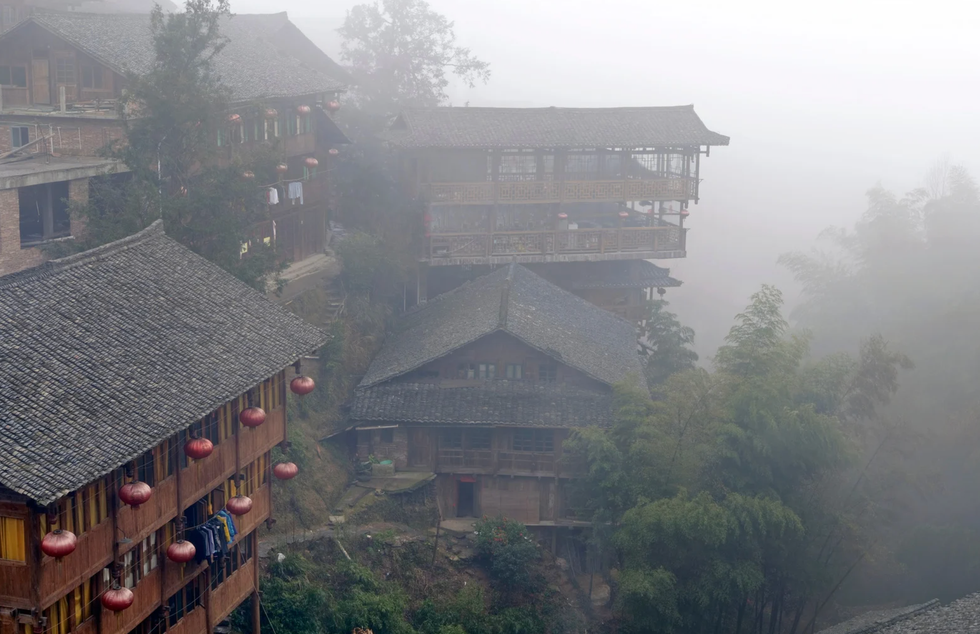 Foggy Chinese villageCanva
Foggy Chinese villageCanva

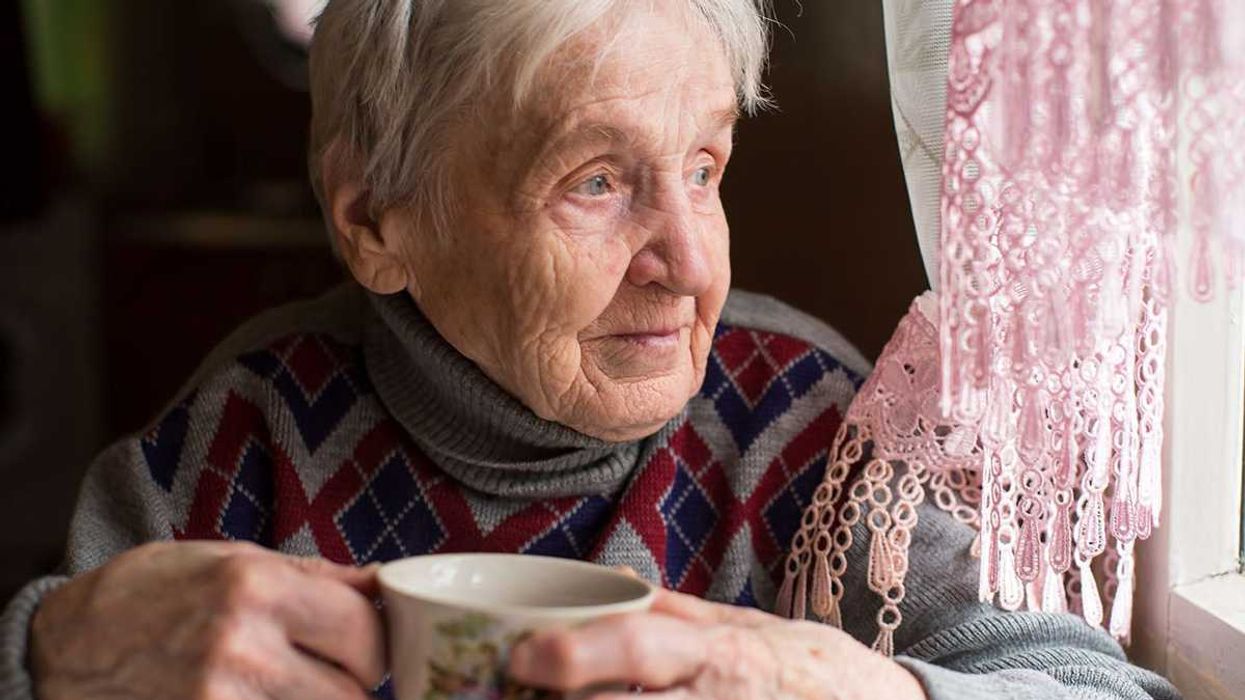 Older woman drinking coffee and looking out the window.Photo credit:
Older woman drinking coffee and looking out the window.Photo credit: 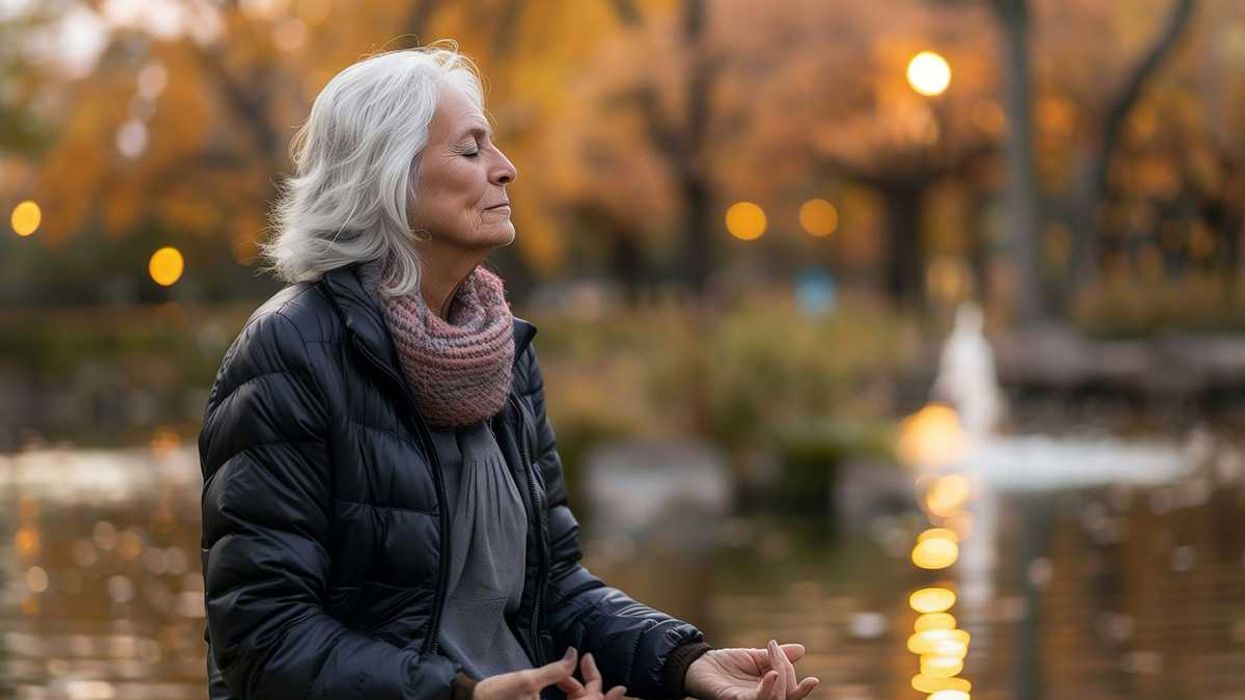 An older woman meditates in a park.Photo credit:
An older woman meditates in a park.Photo credit:  Father and Daughter pose for a family picture.Photo credit:
Father and Daughter pose for a family picture.Photo credit: 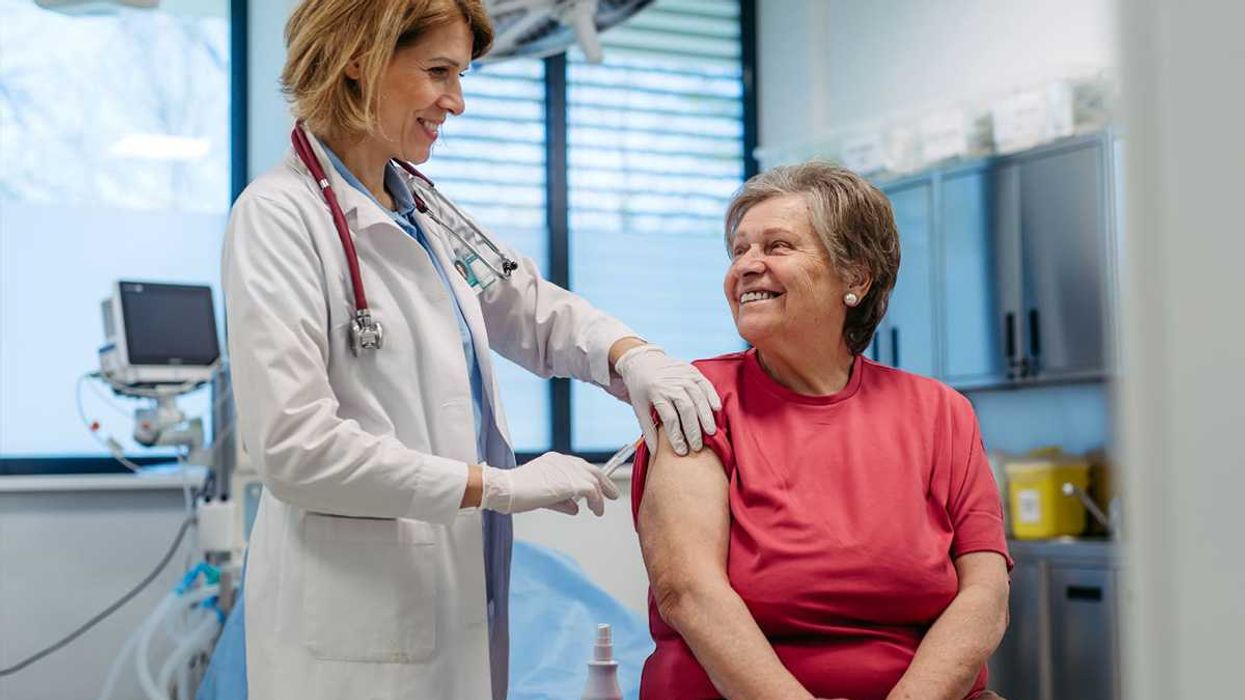 Woman receives a vaccine shot.Photo credit:
Woman receives a vaccine shot.Photo credit: 
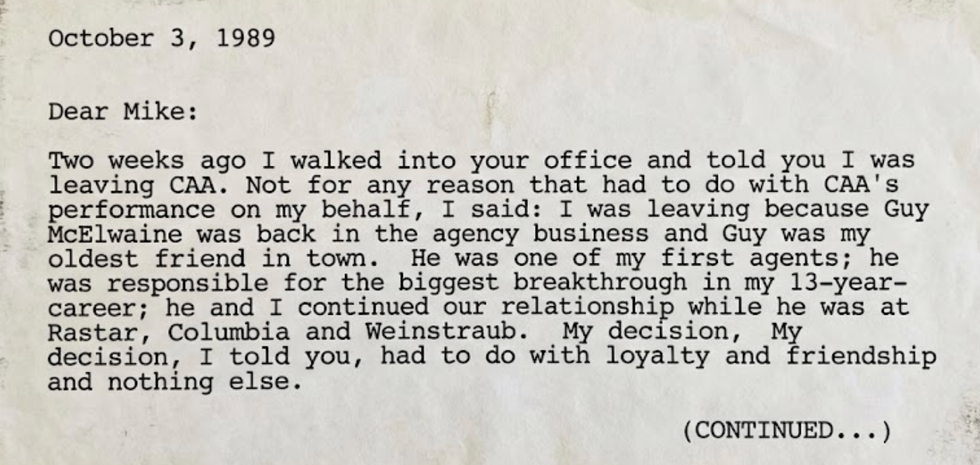 An excerpt of the faxCanva
An excerpt of the faxCanva

 Robert Redford advocating against the demolition of Santa Monica Pier while filming "The Sting" 1973
Robert Redford advocating against the demolition of Santa Monica Pier while filming "The Sting" 1973